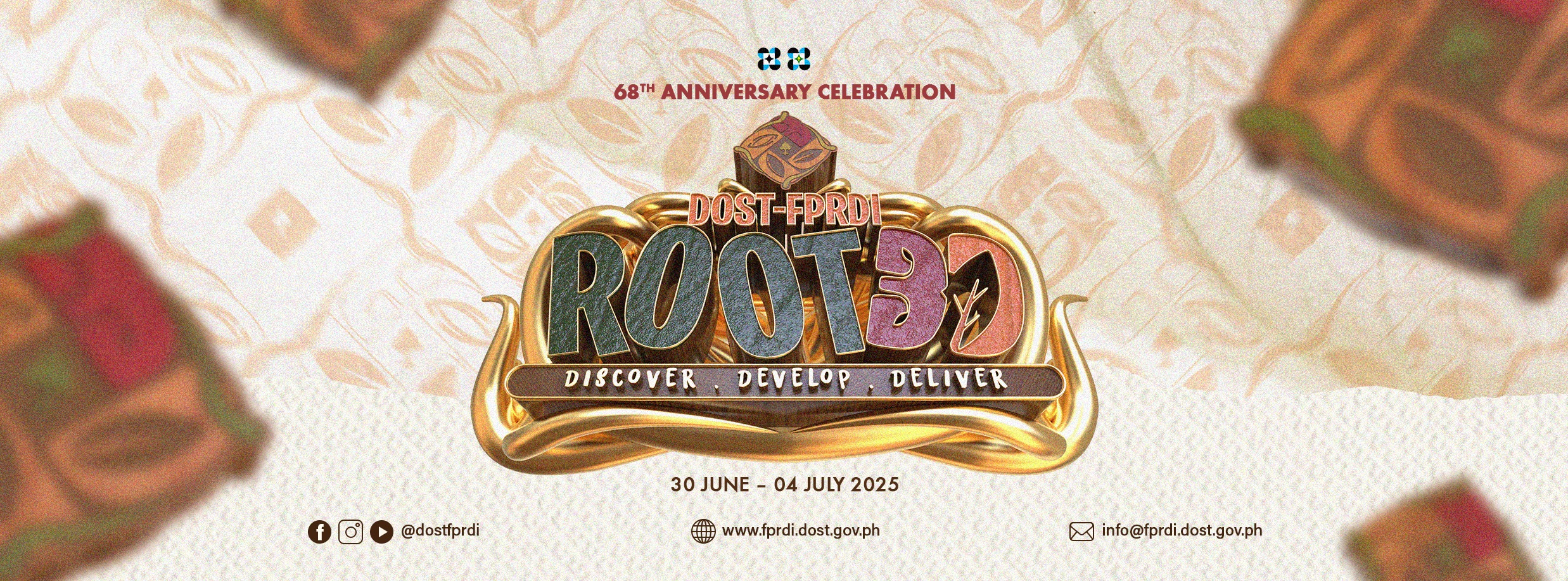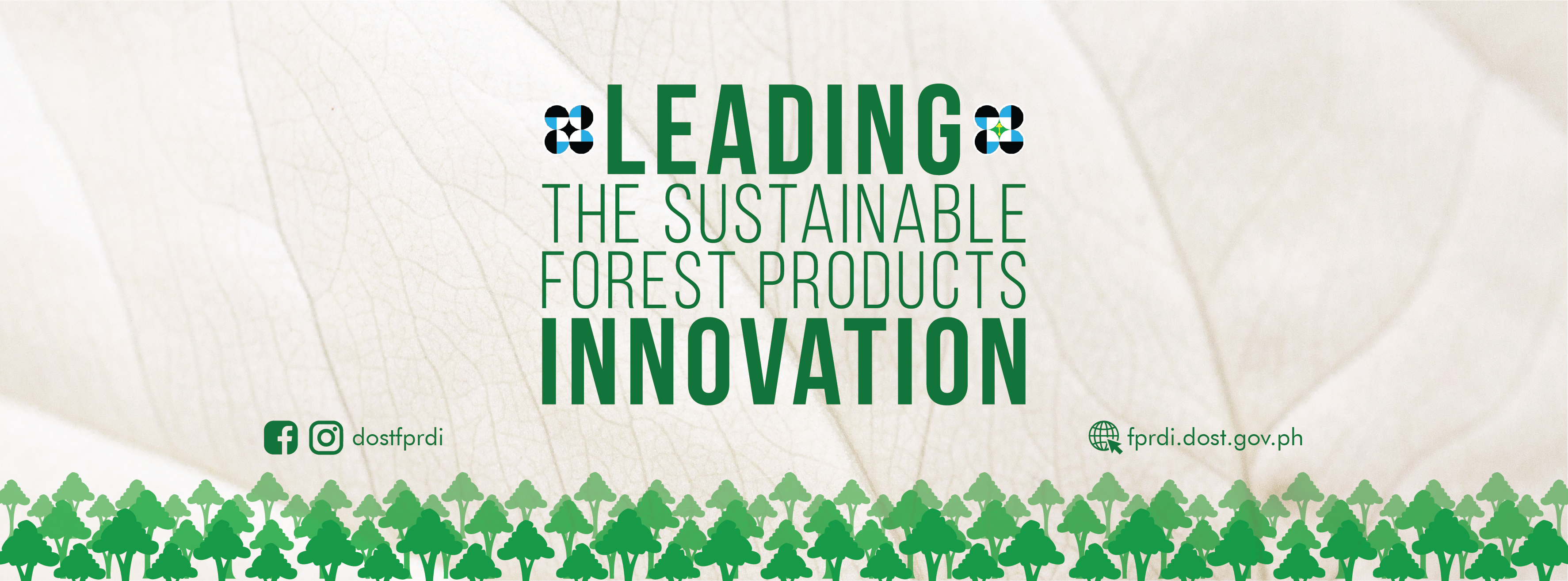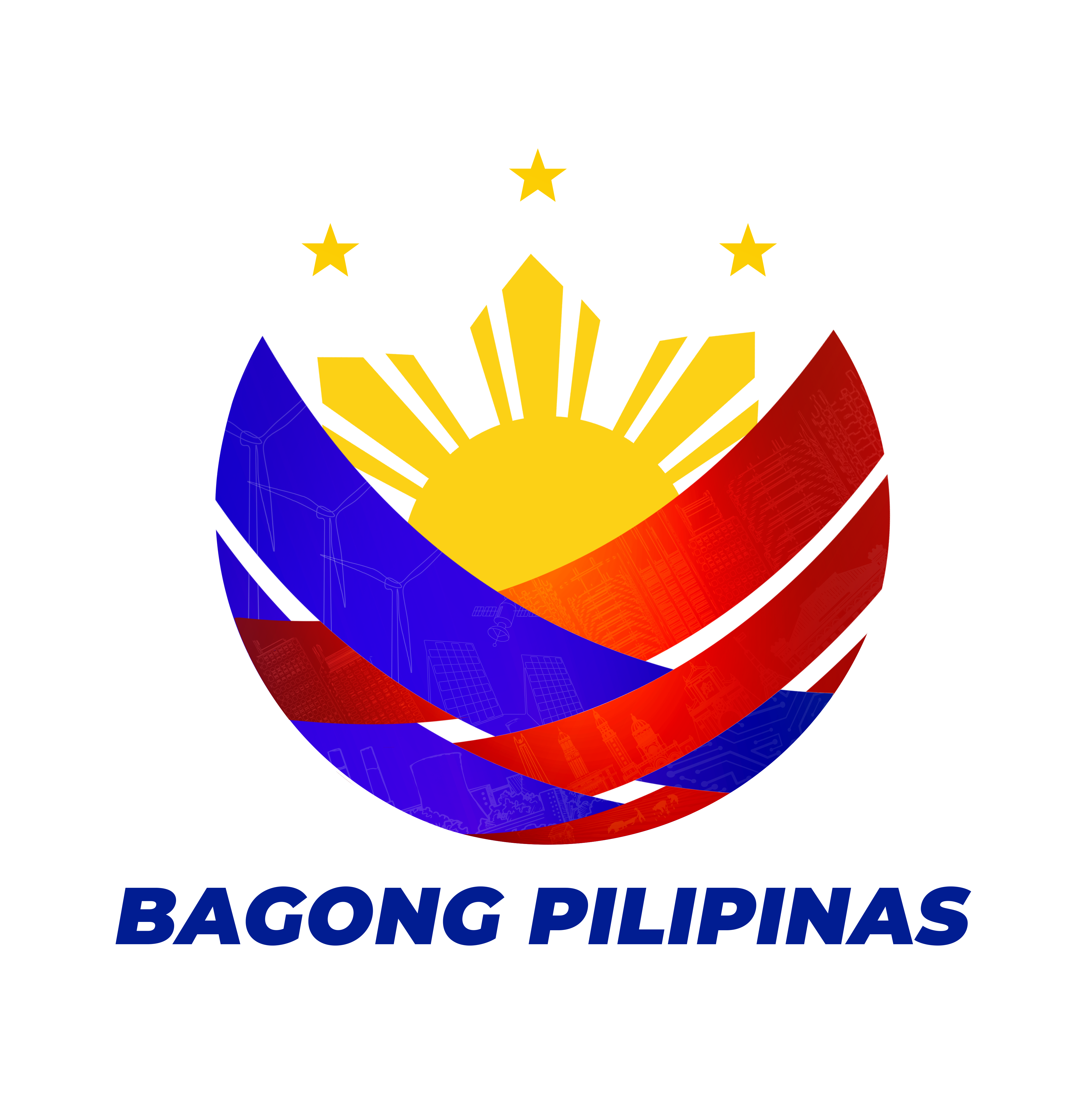Cardona folks winning the war against water hyacinth
November 13, 2015

|
| Water hyacinth congestion in the Laguna Lake used to be a headache for the town of Cardona, Rizal. |
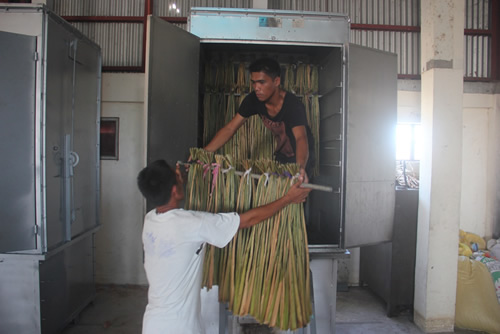
|
| The FPRDI Water Hyacinth Dryer allows processors to dry their raw materials even during the rainy season. |
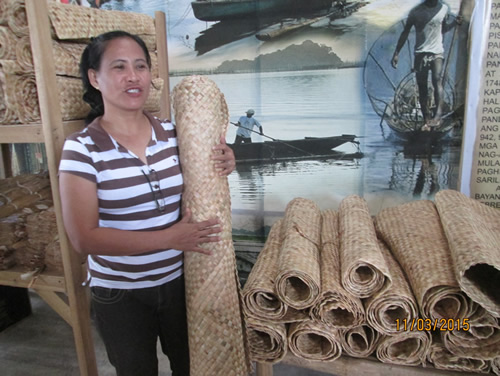
|
| Ms. Melissa Reyes, President of the SKBP : “The extra income we earn from weaving water hyacinth mats means so much to the women of Cardona.” |
Some 100 families in Cardona, Rizal have found life from what was once their town’s “public enemy number one”, the water hyacinth plant, and the Department of Science and Technology - Forest Products Research and Development Institute (DOST-FPRDI), thru its water hyacinth dryer, is happy to be part of the story.
It all started in 2013 when Melissa Reyes, then 48, president of the Samahan ng Kababaihan sa Barangay Patunhay (SKBP), asked the help of Cardona Mayor Bernardo San Juan, Jr. in putting up a livelihood project for her organization.
Translated from Filipino, this is her story: I was getting tired of seeing our women beg for money from our local leaders every time there was a ‘big need’ in their families. Many of us had gone thru hard times in recent years as the Laguna Lake, which used to be our main source of income, no longer yielded enough fish to sustain the livelihood of our fishermen-husbands.
I asked the mayor to help the SKBP use the very abundant water hyacinth clogging the lake as the raw material for a handicraft livelihood project. He was at first hesitant to give us his support as he said he could not imagine how such a project could succeed.
Thank God he changed his mind and asked us to submit a proposal. The LGU approved our plan and gave us all the help we needed to jumpstart our operations. They provided us two units of the manually operated water hyacinth stem flattener, and linked us to the Department of Trade and Industry (DTI).
To learn the processing techniques, we attended training courses sponsored by the DOST-FPRDI, the Villar Foundation and the Taiwanese-owned Magic Clean Company. We were also given a large warehouse which now serves as our livelihood center, and in 2013 and 2014, two units of the FPRDI water hyacinth dryer which are very useful to us during the rainy season, were installed in the center. The funds for these came from the DOST and DTI regional offices.
It was not hard for the SKBP women to embrace the project. Like me, they too have gotten tired of simply depending on politicians’ dole outs, and were relieved that finally there was a sustainable way to earn a living for their families.
Early mornings, one would see many of us already up and about, working together, harvesting water hyacinth from the lake. Then, depending on the weather, we would dry the stems either under the sun or using the water hyacinth dryer.
Later on, we would be joined by our husbands who take charge of flattening the stems. We women particularly enjoy weaving the mats together because it’s our bonding time, as we share the day’s stories.
We sell a single-size mat for Php 130 a piece, Php 20 of which goes to the SKBP. For two years now, the Villar Foundation has been buying all our mats which it distributes to disaster victims, such as those in Tacloban.
Aside from our group, other people in Cardona are also involved in water hyacinth processing either as LGU workers or members of the Looc Water Lily Coop. Many of the LGU workers are men and their products-de-fibered stalks-are sold to the Magic Clean Company to be made into high-end wall coverings which are shipped to 48 countries. The coop, on the other hand, specializes in making bags, “bayongs”, hats and other handicraft items.
I am glad that the SKBP women have the persistence to keep going on, despite all the difficulties they have to contend with daily. I am also very thankful that we have been blessed with progressive local leaders who are ever on the lookout for ways to help their constituents. They are a far cry from the traditional politicians we hear so much about.
The support of different government and non-government groups, of course, is priceless. FPRDI’s dryer, for instance, has been the tool for us to increase our productivity. Our town used to produce only 25,000 dried stems a week, but because of the dryer, we can now dry as many as 50,000 stems, and we don’t have to wait for sunny days to do this. The dryers allow us to sustain our production even during the rainy season.
The water hyacinth problem used to be a very big headache for the whole of Cardona and it had taken decades to solve it. The plant clogged a large portion of the lake, affecting our fish catch, and water transport. Now, it is a source of life for our families. (Rizalina K. Araral, 12 November 2015) #

